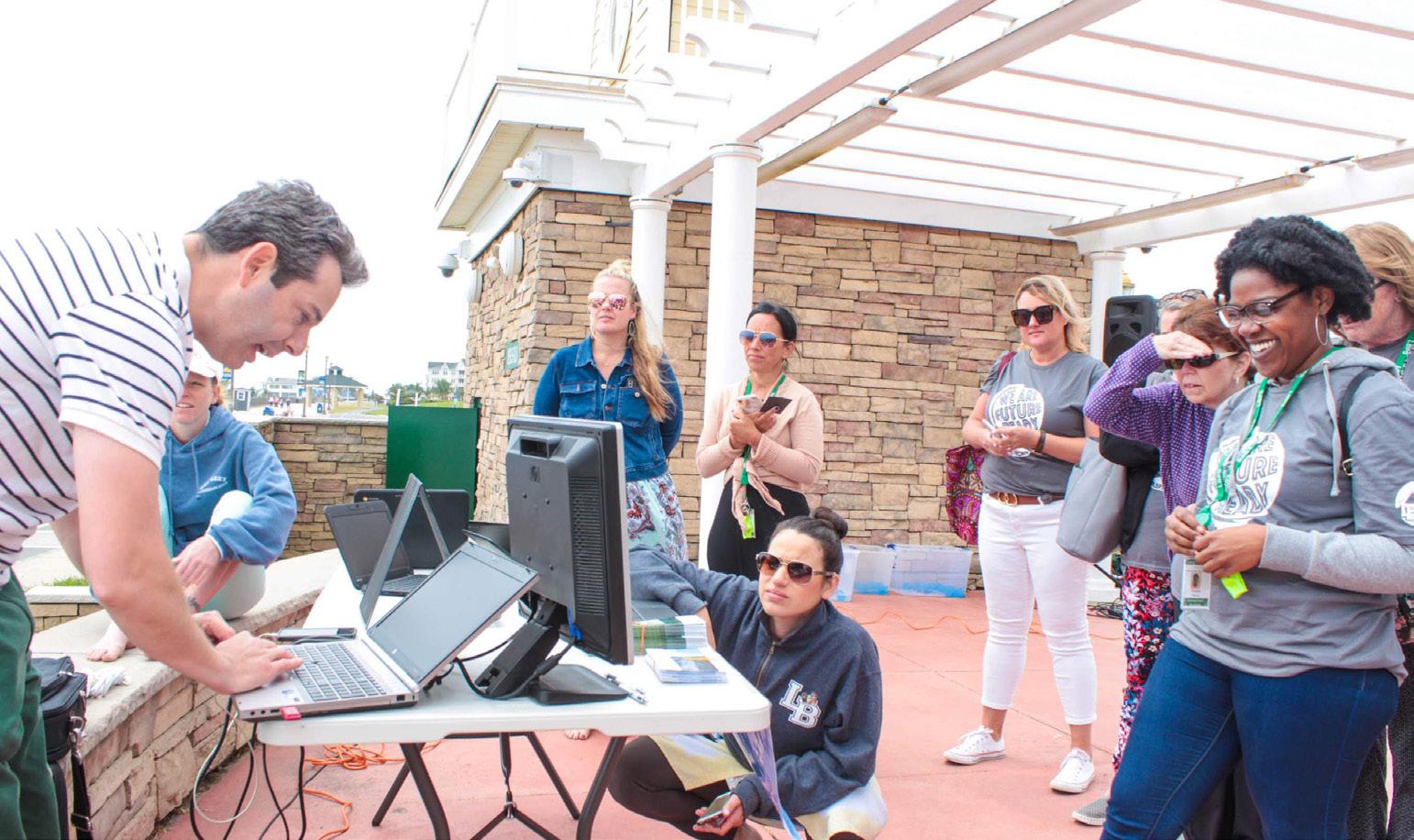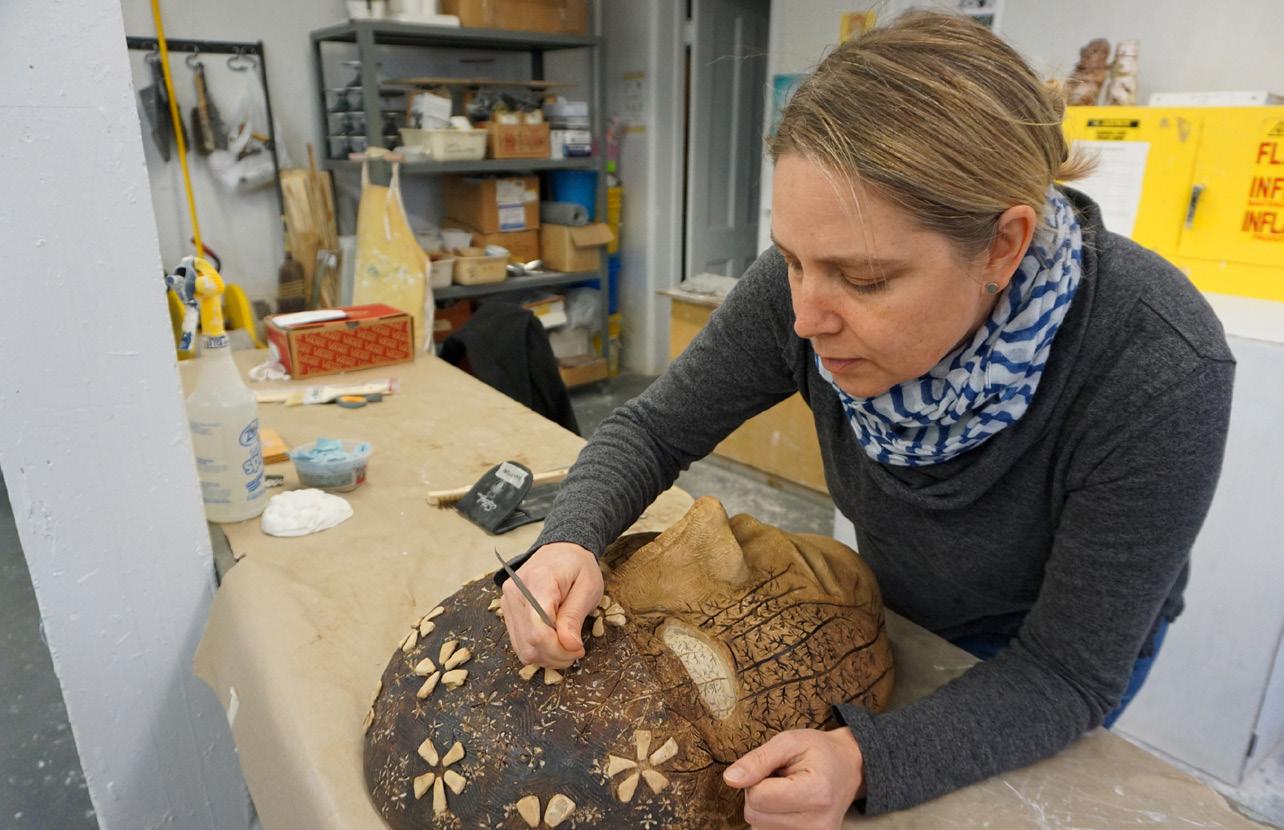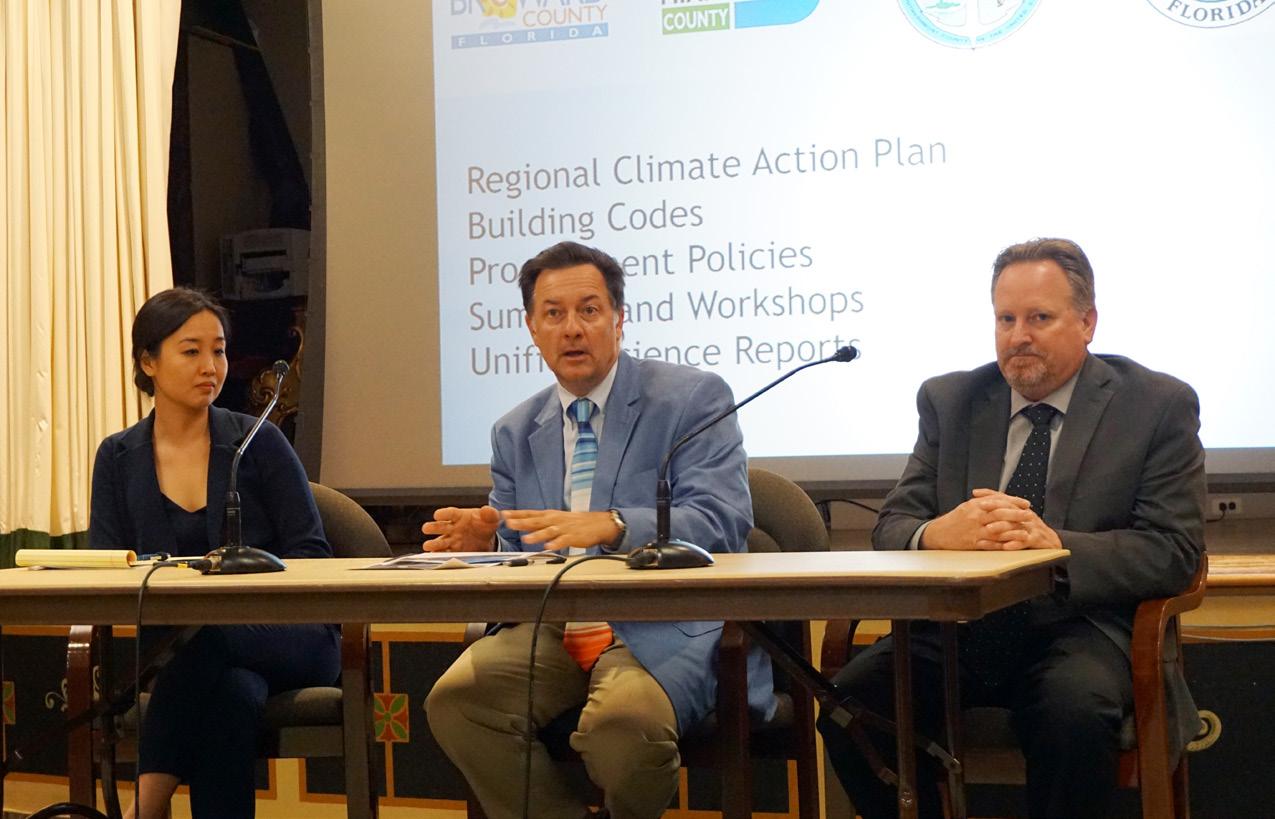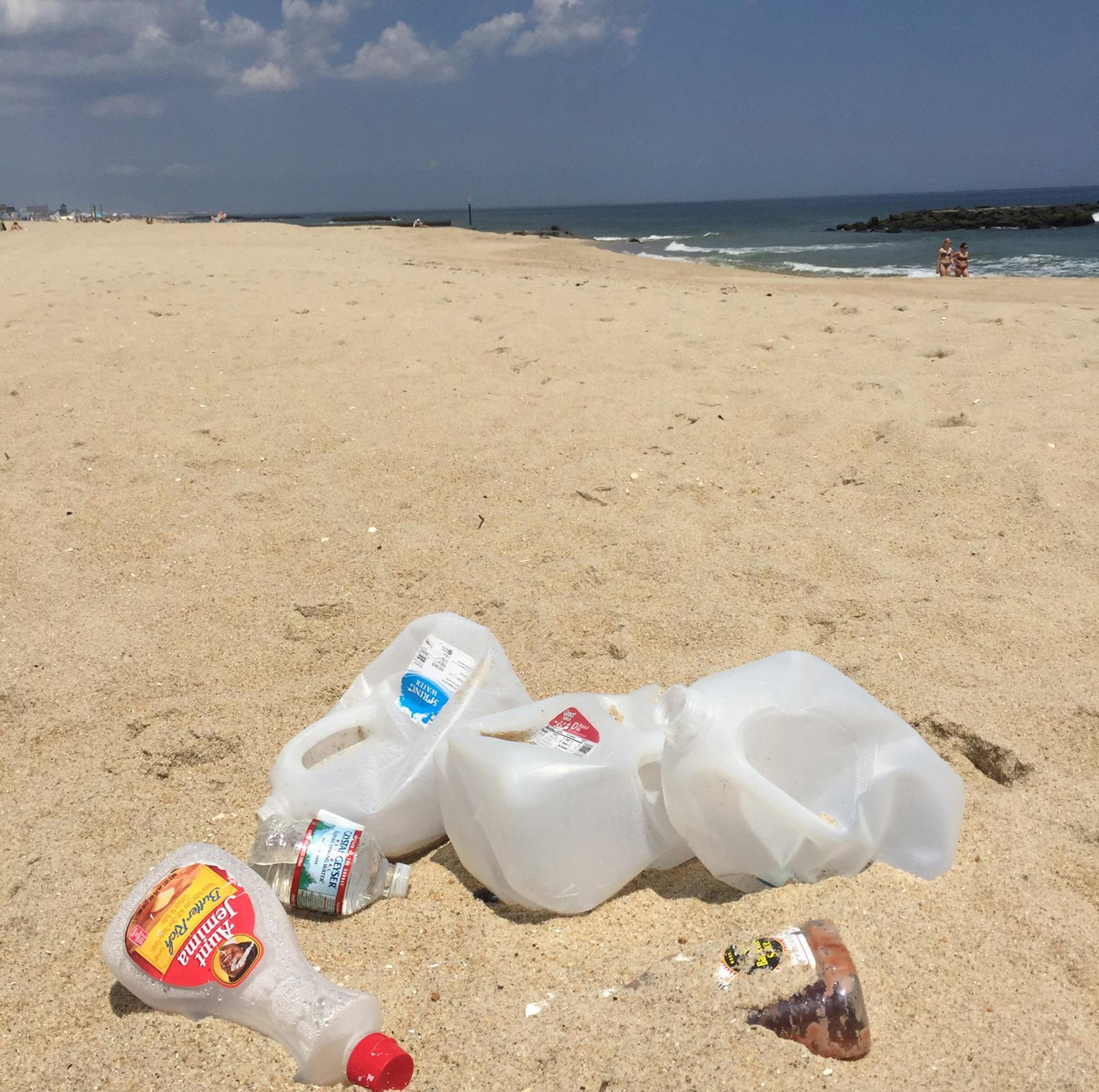Our Ocean: Too Important to Ignore, Too Fragile to be Taken for Granted For too many years there has been a refrain in the ocean community: We know more about the back-side of the moon than we do about the ocean. It is past time for a call to action to put that perspective far behind us. In this report you will see some examples of the ways that the Urban Coast Institute (UCI) is trying to be an agent of that change. Our efforts range from expanding student experience and understanding of our coasts and oceans, to working directly with communities to understand and respond to the realities of sea level rise, to regional ocean planning, to participating in national fora and utilizing science to inform federal and state policy. In 2020, the UCI will be celebrating its 15th anniversary. We have many past accomplishments to celebrate. However, the greater our capacity to study and understand the challenges we face, the greater our responsibility to step up our game. The R/V Heidi Lynn Sculthorpe, which Monmouth University acquired only last year, has been fully integrated into our student/ classroom experience and is
4
//URBAN COAST INSTITUTE
increasingly a platform for research in the Mid-Atlantic. Faculty and student research is also thriving at Monmouth, providing insights into the health of our coastal lakes, the threats of harmful algal blooms, the protection of endangered sturgeon, proper catch-and-release handling for stripers, and the potential for environmental DNA to inform fisheries management. The New Jersey Department of Environmental Protection (NJDEP) Coastal Resilience Summit that was hosted at Monmouth in 2018 has led this year to the issuance of Gov. Phil Murphy’s Executive Order #89, tasking the state to develop a Statewide Climate Change Resilience Strategy and Coastal Resilience Plan. Through our support for and active participation in the New Jersey Coastal Resilience Collaborative, New Jersey Climate Change Alliance, the New Jersey Sea Grant Consortium and other efforts, the UCI is working to help shape that strategy. UCI Associate Director Tom Herrington developed an Ecological Adaptation Prioritization
Methodology framework for the NJDEP that will encourage the use of natural features, rather than seawalls or other hard structures, to make our communities more resilient. The powerful art exhibit of Professor Karen Bright and Assistant Professor Amanda Stojanov – Just Beach/ After Sandy – was a stunning visual reminder of the past devastation and the need to take further action to prepare for the next major storm. After many years and lingering political stalemate and bickering over climate change, there is some momentum building for bipartisan action. States and communities are leading the way in taking action. New Jersey and other states in the region are setting more ambitious renewable energy goals, and proposals for developing offshore wind farms are becoming a reality. The UCI’s ongoing work on the Mid-Atlantic Ocean Data Portal and regional ocean planning is helping guide the siting of offshore wind turbines in way that will be compatible for other uses including fishing, maritime commerce,
recreation and environmental protection. While we are on the front line here in New Jersey, the critical role the ocean plays in climate, and the ocean’s particular vulnerability to warming and acidification, are being recognized at the international and national levels. The International Panel on Climate issued a Special Report on the Oceans and Cryosphere in a Changing Climate this year, elevating the importance of the intersection of climate and oceans. I attended a high-level OceanClimate Nexus Roundtable hosted by the Joint Ocean Commission Initiative in New York City in the fall that began a discussion among scientists, policymakers, thoughtleaders and philanthropists about developing a policy action roadmap for the U.S. In November, I also attended the White House Summit on Partnerships in Ocean Science and Technology hosted by the Office Science and Technology Policy. At the Summit, there was a recognition that a substantial commitment to improved data, science and














